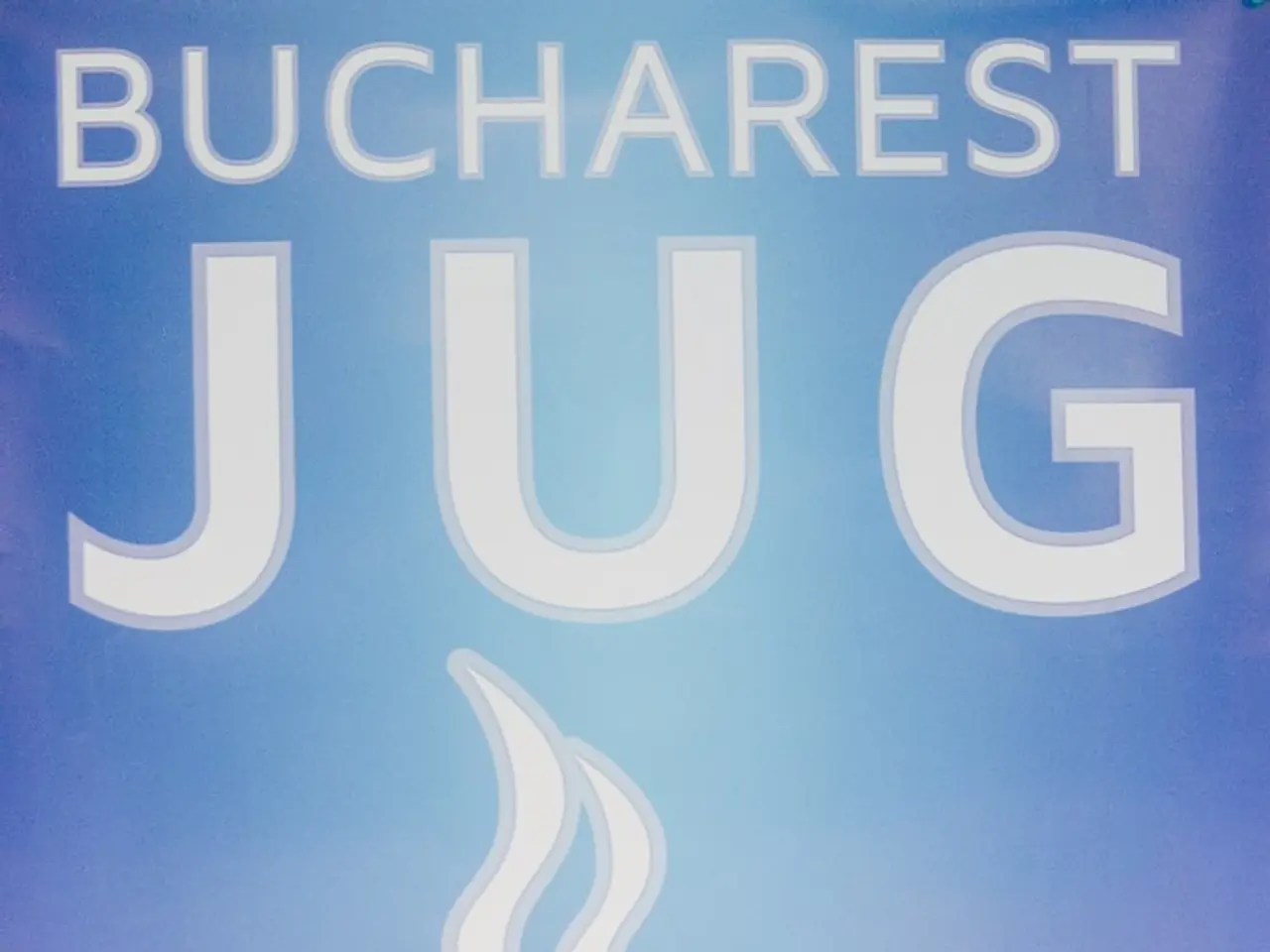High-Fee Burden Strains OSCV's Small-Cap Value Investment Approach
The Opus Small Cap Value ETF (OSCV) has been a popular choice for investors seeking small-cap stocks with high dividend yield, high growth, high quality, and low valuation characteristics. However, with a high expense ratio of 0.80%, some investors may be looking for alternatives that offer comparable or better historical returns alongside lower fees.
In recent times, several small-cap ETFs have emerged as strong contenders, providing competitive or even better returns while keeping costs low. Here are some top alternatives to the OSCV:
| ETF Name | Ticker | 5-Year Annualized Return (approx.) | Expense Ratio | Notes | |----------|--------|----------------------------------|--------------|-------| | Avantis U.S. Small Cap Value ETF | AVUV | 16.9% | 0.25% | Focuses on small-caps with strong profitability and attractive valuations, boasting a lower fee than OSCV [1] | | Invesco S&P SmallCap 600 Revenue ETF | RWJ | 19.5% | 0.39% | Tracks revenue-weighted small caps, offering a higher return but with a slightly higher fee than AVUV [1] | | Invesco S&P SmallCap 600 Pure Value ETF | RZV | (data not specified) | (typically ~0.39%) | Another value-focused small-cap option from Invesco, competitive with OSCV [1][2] | | Dimensional US Small Cap ETF | DFAS | (no exact data given but highly rated) | (typically ~0.29%) | Actively managed with broad diversification and quality focus, Gold-rated by Morningstar [3] |
The Opus Small Cap Value ETF itself has a moderately low expense ratio, placing it in the second-lowest fee quintile among peers. Its performance is solid, but its Morningstar Neutral rating reflects average management strength [4].
Among these alternatives, the **Avantis U.S. Small Cap Value ETF (AVUV)** stands out as a strong alternative, offering a lower expense ratio (0.25%) and good returns (16.9% annualized over 5 years). The **Invesco S&P SmallCap 600 Revenue ETF (RWJ)** has even better historical return (19.5%) but with a slightly higher fee (0.39%). The **Dimensional US Small Cap ETF (DFAS)**, while active and with no exact figures provided here, is a highly rated ETF focusing on quality and value with broader diversification for risk control.
For investors seeking ETFs similar to OSCV with potentially better returns and lower fees, the **Avantis U.S. Small Cap Value ETF (AVUV) and Dimensional US Small Cap ETF (DFAS)** are excellent candidates to consider, balancing costs, value orientation, and strong historical returns [1][3][4].
[1] Source: Morningstar.com [2] Source: ETF.com [3] Source: Morningstar.com (Gold rating for DFAS) [4] Source: Morningstar.com (Neutral rating for OSCV)
Investing in the Avantis U.S. Small Cap Value ETF (AVUV) and the Dimensional US Small Cap ETF (DFAS) could be a strategic move for those seeking ETFs similar to OSCV, as these alternatives offer lower fees and potentially better returns, with AVUV boasting a 16.9% annualized return over 5 years and DFAS being highly rated for its quality and value focus. While the Opus Small Cap Value ETF (OSCV) has a solid performance, its average management strength (Morningstar Neutral rating) may motivate some investors to explore these alternative options in the realm of finance and business.




